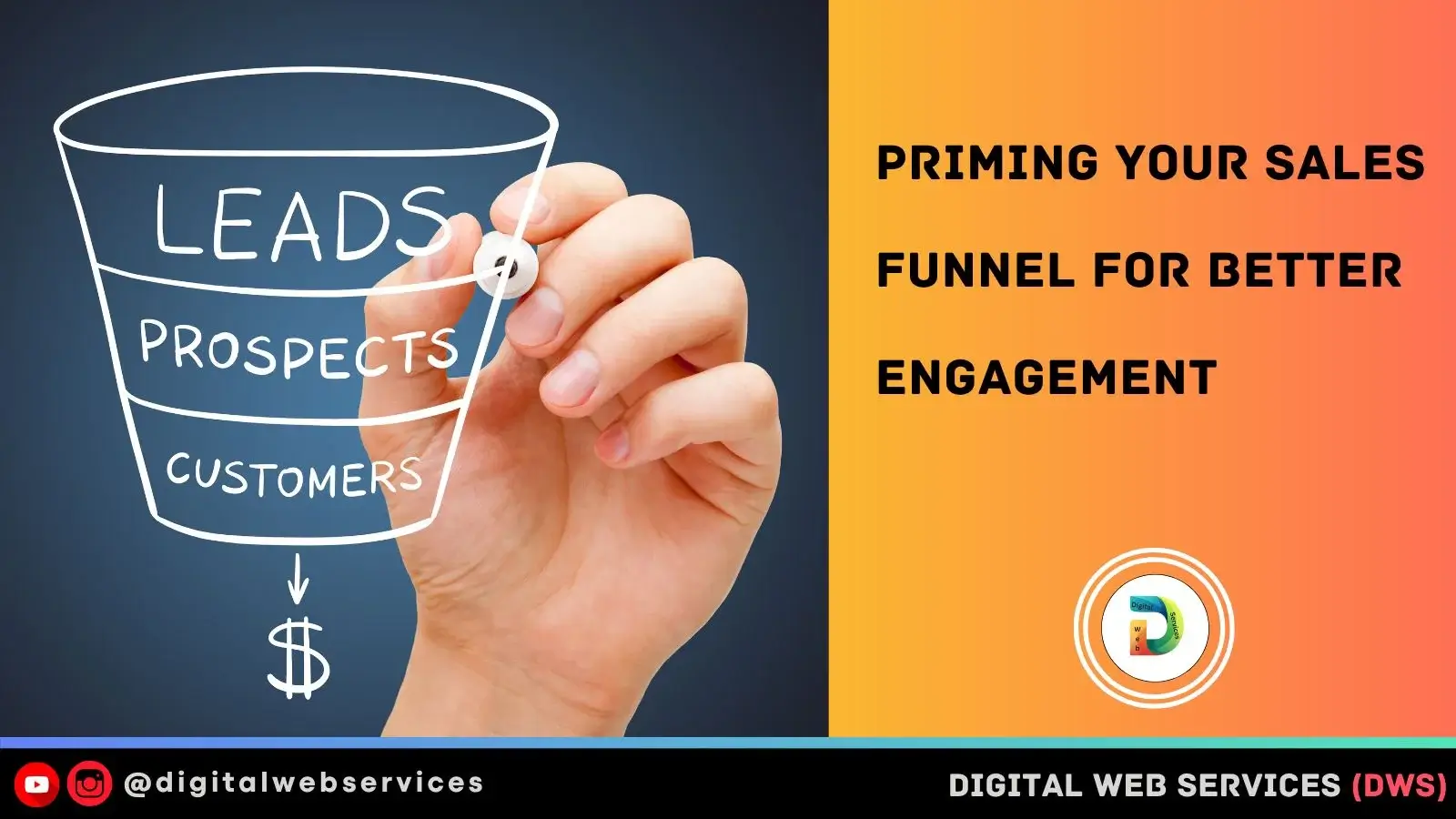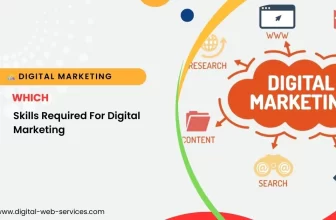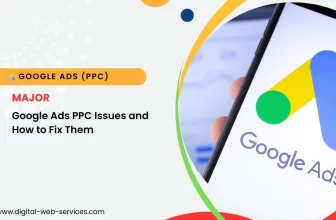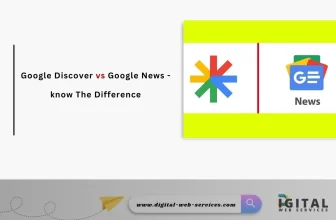
In the fast-paced, ever-evolving world of digital marketing, your ability to engage your audience effectively can determine success or failure.
By optimizing your marketing sales funnel, you’ll transform traffic into revenue.
Your funnel illustrates the journey of potential customers from initial awareness to conversion. Optimizing this can boost engagement, improve customer satisfaction, and increase sales.
If that’s what you’re looking for, here are some tips and strategies to refine your marketing sales funnel for targeted engagement:
1. Understand Your Sales Funnel
To make your marketing campaigns as effective as possible, you need a thorough understanding of your sales funnel.
It’s a roadmap of your customers’ journey from initial contact to the final purchase. Each stage—awareness, interest, decision, and action—calls for a unique strategy.
Keeping a close eye on your funnel is essential for comprehension. Observe how your prospects transition through each phase, pinpoint any potential leaks, and strive to understand their root causes. This understanding might involve examining customer feedback, website analytics, or user behavior.
That’s where funnel softwares can come in handy. These resources streamline the process, offering insights into your customers’ journey and revealing areas needing fixing. With these tools, you’ll keep a firm grip on your funnel’s performance.
2. Build A Solid Base
Once you understand your funnel, the next task is to build it. This step involves crafting an efficient funnel that smoothly guides your customers from one stage to the next.
Recognizing the various touchpoints your customers experience with your business helps to strategize their path along the funnel.
During funnel building, developing content relevant to each funnel stage is vital. Your content should address your customers’ specific needs and interests at each phase. For instance, a customer in the awareness stage might require educational content, while someone at the decision stage might find product comparisons or reviews helpful.
3. Focus On Your Target Audience
Understanding your target audience is a fundamental part of any marketing strategy. By identifying who you’re serving and what they want, you can tailor your funnel to meet their unique needs, leading to heightened engagement and better conversions.
The best way to understand your audience is to create customer personas. These tools reflect your ideal customers based on market research and data. They help you comprehend your customers’ behaviors, needs, and challenges, enabling you to craft a more effective marketing strategy.
4. Deliver Valuable Content
Content is the linchpin of any marketing funnel. It’s how you attract, engage, and convert your audience. So, it must be valuable, engaging, and relevant.
Understanding your audience’s preferences is the first step in creating valuable content. This recognition can involve conducting market research, analyzing social media trends, or directly querying your audience about their content preferences.
Once you’ve discerned these preferences, your job is to produce content that provides genuine value.
5. Enhance User Experience
Positive user experience (UX) is crucial to any funnel. It’s about fashioning a seamless, enjoyable journey for your customers as they navigate your site.
Factors like website design, page load speed, and navigation ease are the bedrock of superior UX.
To enhance it, monitor and test different aspects of your funnel. This process might involve A/B testing design elements, collecting user feedback, or employing heatmaps to understand user engagement with your site. The goal is to ensure every interaction with your brand is positive.
6. Utilize Email Marketing
Email marketing, a tool utilized by half of all media planners, serves as a powerful instrument for optimizing your sales funnel.
As an effective way to interact with your audience, it delivers valuable content and guides them through your funnel. Interestingly, its use is anticipated to grow this year, with 22% planning to leverage it for the first time, amplifying its significance in the marketing toolkit.
This process starts by building a robust email list. Encourage website visitors to subscribe to your emails in exchange for something of value, like a free e-book or a discount code. Once you have this list, the next task is to segment it based on criteria such as buying behavior or demographic information.
7. Leverage Social Media Platforms
Social media platforms allow for personal engagement with your audience. They offer a space to express your brand personality, build trust, and foster strong customer relationships.
Effective social media engagement extends beyond regular updates. It includes listening to your audience, participating in conversations, and providing timely responses. Tools like Facebook’s Custom Audiences or LinkedIn’s Matched Audiences offer powerful targeting capabilities, enabling you to deliver your content to the right audience at the right time.
8. Harness Data Analytics
Data is a powerful ally in funnel optimization. It delivers invaluable insights into your audience, their behaviors, preferences, and interactions with your brand.
Implementing data analytics means tracking critical metrics like click-through, conversion, and bounce rates. These metrics offer a glimpse into your funnel’s performance and help identify improvement areas.
Data analytics not only involves data collection but also interpreting it to make decisions that heighten engagement and boost conversions.
Know How To Direct Your Visitors
Optimizing your marketing funnel for targeted engagement is a complex task. It necessitates an in-depth understanding of your funnel, your audience, and the tools you have available. Attracting your audience is just part of the process; the ultimate goal is to engage them effectively, foster robust relationships, and convert them into loyal customers.
Digital Web Services (DWS) is a leading IT company specializing in Software Development, Web Application Development, Website Designing, and Digital Marketing. Here are providing all kinds of services and solutions for the digital transformation of any business and website.










